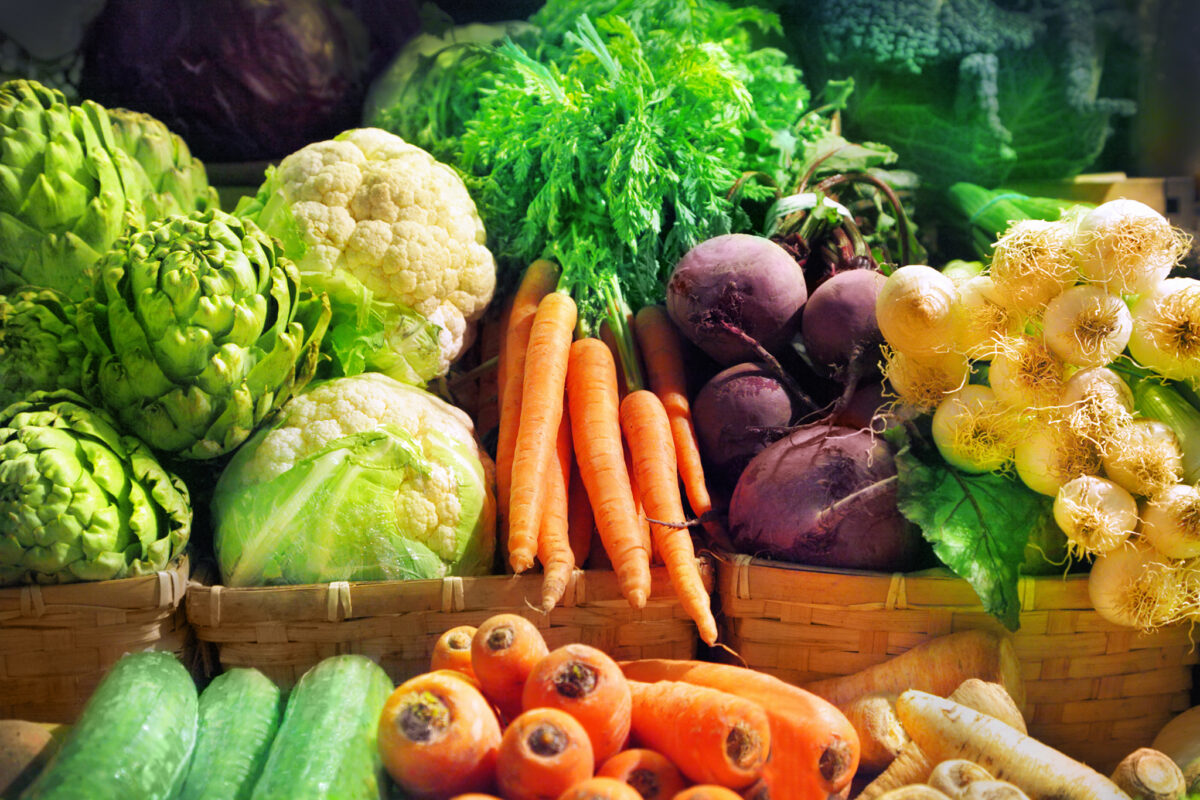Organic Food Approval, Uncategorized
Organic food approval
Courtesy: Organic food approval
Some of the earliest organizations to carry out organic certification in North America were the California Certified Organic Farmers, founded in 1973, and the voluntary standards and certification program popularized by the Rodale Press in 1972. Some retailers have their stores certified as organic handlers and processors to ensure organic compliance is maintained throughout the supply chain until delivered to consumers, such as Vitamin Cottage Natural Grocers, a 60-year-old chain based in Colorado.
Violations of USDA Organic regulations carry fines up to $11,000 per violation, and can also lead to suspension or revocation of a farm or business’s organic certificate.
Once certified, USDA organic products can be exported to countries currently engaged in organic trade agreements with the U.S., including Canada, the European Union, Japan, and Taiwan, and do not require additional certification as long as the terms of the agreement are met.
In the United States the situation is undergoing its own FDA Food Safety Modernization Act.
Canada
In Canada, certification was implemented at the federal level on June 30, 2009. Mandatory certification is required for agricultural products represented as organic in import, export and inter-provincial trade, or that bear the federal organic logo. In Quebec, provincial legislation provides government oversight of organic certification within the province, through the Quebec Accreditation Board (Conseil D’Accréditation Du Québec). Only products that use at least 95% organic materials in production are allowed to bear the Canadian organic logo. Products between 70-95% may declare they have xx% of organic ingredients, however they do not meet requirements to bear the certified logo. Transitioning from a conventional agricultural operation to an organic operation takes the producers up to three years to receive organic certification, during which time products cannot be marketed as organic products, and producers will not receive pricing premiums on their goods during this time. Cows, sheep, and goats are the only livestock that are allowed to be transitioned to organic, under Canada’s regulations. They must undergo organic management for one year before their products can be considered certified organic
South America
Argentina
In Argentina, the Organic certification was implemented in December 2012, through a Ministry of Agriculture resolution. Organic products are labeled with the Orgánico Argentina seal, which is administered by SENASA and issued by four private companies. Organic production is regulated by the 25.127 Act, passed in 1999.

During 2019, 70,446 hectares (174,080 acres) of land were used for organic production certified with the Argentine seal.
Europe
Public organic certification
EU countries acquired comprehensive organic legislation with the implementation of the EU-Eco-regulation 1992. Supervision of certification bodies is handled on the national level. In March 2002 the European Commission issued an EU-wide label for organic food. It has been mandatory throughout the EU since July 2010. and has become compulsory after a two-year transition period.
In 2009 a new logo was chosen through a design competition and online public vote. The new logo is a green rectangle that shows twelve stars (from the European flag) placed such that they form the shape of a leaf in the wind. Unlike earlier labels no words are presented on the label lifting the requirement for translations referring to organic food certification.
The new EU organic label has been implemented since July 2010 and has replaced the old European Organic label. However, producers that have had already printed and ready to use packaging with the old label were allowed to use them in the upcoming two years.
The development of the EU organic label was develop based on Denmark’s organic food policy and the rules behind the Danish organic food label which at the moment holds the highest rate of recognition among its users in the world respectively 98% and 90% trust the label. The current EU organic label is meant to signal to the consumer that at least 95% of the ingredients used in the processed organic food is from organic origin and 5% considered an acceptable error margin.

